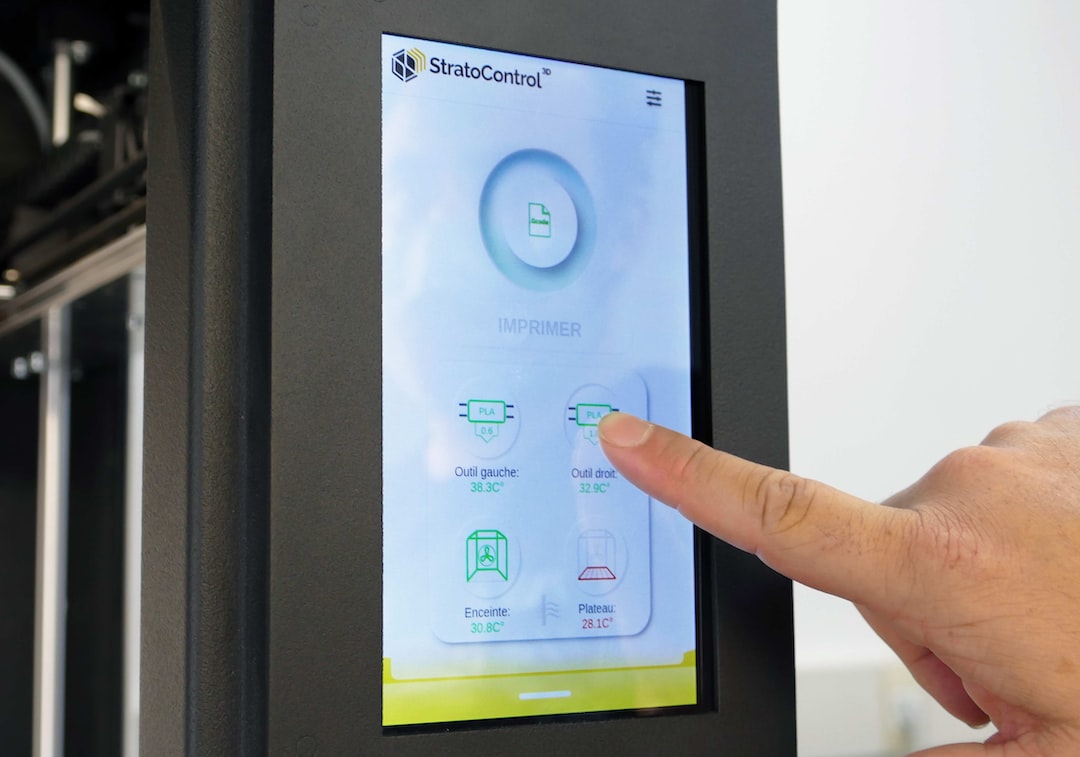The Pros and Cons of Wireless Charging Technology
Wireless charging technology has rapidly gained popularity in recent years, promising a convenient and hassle-free charging experience for our devices. But like any other technological innovation, wireless charging has its fair share of advantages and disadvantages. In this blog post, we will delve into the pros and cons of wireless charging technology to help you make an informed decision.
Let’s start with the pros!
Convenience is perhaps the most significant advantage of wireless charging. With this technology, you no longer need to fumble with messy cables and plugs to charge your device. Just place your smartphone, smartwatch, or any other compatible device on a charging pad or dock, and it will start charging automatically. This simplicity in the charging process saves time and eliminates the frustration of tangled cables.
Wireless charging also offers versatility. Unlike traditional charging cables that fit only specific devices, wireless chargers can work with a range of devices that support the Qi standard. This means you can charge multiple devices with a single charging pad, reducing clutter and the need for multiple chargers.
Furthermore, wireless charging eliminates the wear and tear caused by continuous plugging and unplugging of charging cables. Since there is no physical connection required, the charging ports of your devices remain intact for a longer period. This can extend the lifespan of your device and save you the cost of repairing or replacing damaged ports.
From an aesthetic standpoint, wireless charging is appealing. With no cables cluttering your workspace or bedside table, your environment looks cleaner and more organized. Many wireless chargers also come in sleek and stylish designs, complementing the overall aesthetics of your decor.
However, wireless charging is not without its downsides. One of the major cons is slower charging speed compared to traditional wired charging. Wireless chargers are typically slower and less efficient due to energy conversion and heat dissipation processes. This means that if you need a quick boost of battery power, wired charging is still the way to go.
Another drawback is the limited charging range. To charge your device wirelessly, it needs to be in close proximity to the charging pad or dock. This means you cannot use your device while it is charging wirelessly, limiting its functionality. Moreover, if you accidentally misalign the device on the charging pad, it may not charge at all, requiring you to reposition it correctly.
Additionally, wireless charging often requires the removal of protective cases or covers. Thick or metal cases can interfere with the charging process and reduce efficiency. This means you might need to compromise on the level of protection for your device if you opt for wireless charging.
Finally, the upfront cost of wireless charging technology can be higher compared to traditional chargers. Wireless charging pads or docks can be more expensive than standard charging cables, and you may also need to purchase additional accessories like compatible cases or mats to fully utilize the technology.
In conclusion, wireless charging offers undeniable convenience and versatility, along with an aesthetic appeal. It eliminates the need for cables and reduces wear and tear on your device’s charging ports. However, you must consider its slower charging speed, limited charging range, the need to remove protective cases, and the potential higher cost. Ultimately, the choice between wireless and wired charging depends on your specific needs and preferences.

